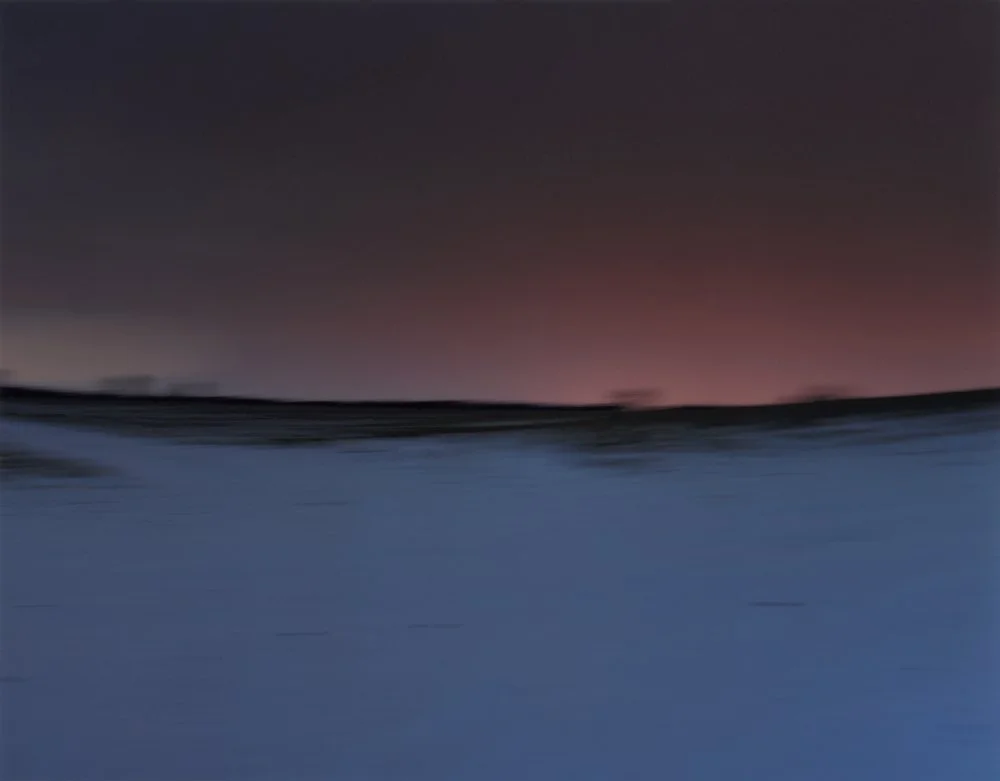Field
Verse I 2007 - 2009
© Nicholas Hughes
“The dream of deep ecology will never be realised on earth, but our survival as a species may be dependent on our capacity to dream it in the work of our imagination”. From ‘Song of the earth’. (Jonathan Bate).
Having sought previously to create a primordial forest in central London, it seemed an appropriate next step to remove myself to a more remote location in order to further examine the human relationship with nature. At the outset of a two-year period spent in the far southwest of England I determined to restrict my attention to only that which lay within my immediate vicinity and was accessible by foot. In line with previous attempts to work within a defined space I made a field bordering my home the arena of my activities. Submerging myself within this space satisfied my desire to restrict my impact on the Earth, for in place of travel to new and exotic destinations I sought the new and exotic at home.
-
I found inherent in this field a powerful symbol of an historic and continuing paradigm. Upon leaving our ancient forested home, the cutting of fields marked our first attempts to colonise the wilderness and harness nature for material gain, and in our misguided use of the rainforests today we see how little our philosophies have progressed since.
Yet whilst the land carries the tale of its own destruction, it continues to present alternatives for the future. Finding little to disturb my camera work enabled a clawing back of senses from the oversaturated and over-stimulated media driven world and offered the possibility, through isolation, of being open to the transformative powers of nature.
This highly concentrated field study drew support from the symbolism inherent in depictions of the rural idyll, and from there emerged an allegory of three parts; an investigation of our past in order to gauge a better measure of our future.
Verse III (Surface)
I had regularly found myself deeply alarmed by the level of destructiveness that accompanies the desire for economic growth, but this localised study of nature eventually offered glimpses of our salvation whilst extending my own metaphysical musing.
Looking back on these investigations whilst becoming increasingly distanced from the world’s material desires, I have discovered the temporality of everything. We are here now but soon we are gone, and so too the impressions we make upon the world. By nature our existence is superfluous but the natural world thrives in our absence.
e to consider stretching further afield to re-approach the outside world with hope. Communion with nature ultimately proves a cathartic experience and its curative powers essential to the growth of humanity.
“The walker in the familiar fields… sometimes finds himself in another land than is described in their owners’ deeds, as it were in some faraway field… the world with which we are commonly acquainted leaves no trace.” From ‘Walking’ (Henry David Thoreau).








